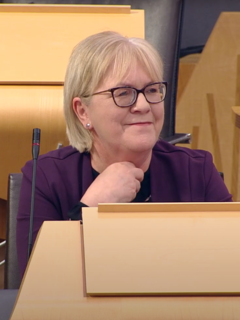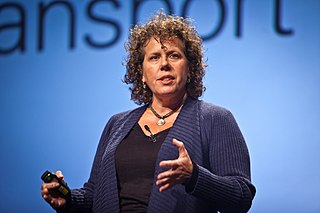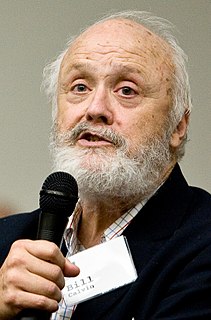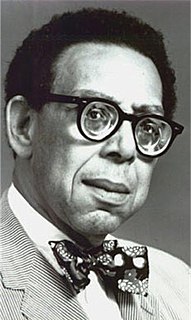A Quote by Johann Lamont
The test is can you do something, rather than have a theoretical argument - can you make a difference?
Related Quotes
A rationalist, as I use the word, is a man who attempts to reach decisions by argument and perhaps, in certain cases, by compromise, rather than by violence. He is a man who would rather be unsuccessful in convincing another man by argument than successful in crushing him by force, by intimidation and threats, or even by persuasive propaganda.
But I'd rather help than watch. I'd rather have a heart than a mind. I'd rather expose too much than too little. I'd rather say hello to strangers than be afraid of them. I would rather know all this about myself than have more money than I need. I'd rather have something to love than a way to impress you.
Ultimately, the current argument is "not having net neutrality will hurt innovation," and you can make that argument, but I would rather make the public good argument, which is not just about innovation or nurturing new companies that will add to the nation's GDP, it's actually about creating a democratic public sphere.
Try to find someone with a sense of humor. That's an important thing to have because when you get into an argument, one of the best ways to diffuse it is to be funny. You don't want to hide away from a point, because some points are serious, but you'd rather have a discussion that was a discussion, rather than an argument.
You can make a very good argument that society would be much worse off if you let 10 rapists and murderers free rather than put one poor, wrongly accused accountant in prison. And so my only point on that is that it should open up an argument. It should not sort of settle one, because nobody disagrees with it.
Theoretically, you can make, obviously, a powerful argument that centuries of slavery, Jim Crow, discrimination are the primary cause for all those gaps. That those were wrongs done to the black community as a whole, and black families specifically, and that in order to close that gap, a society has a moral obligation to make a large, aggressive investment, even if it's not in the form of individual reparations checks, but in the form of a Marshall Plan, in order to close those gaps. It is easy to make that theoretical argument.
We have an industrial base - one that, if made to take orders rather than being allowed in the vacuum of leadership to create them, if enabled by the elimination of cost-plus contracting to produce and achieve rather than waste and receive, could make something worth the cost rather than making work that costs us our dreams.


































